Is grain-free cat food better for cat health?
 July 1, 2023
July 1, 2023
Grain-free cat food, as the name implies, refers to special dietary preparations formulated without cereals such as rice, wheat, corn, barley, or oats. This grain-free concept in cat food was inspired by the dietary habits of wild cats that primarily consume meat, with minimal grain intake. The grain-free cat diet has been a subject for discussion over its nutritional value, necessity, associated risks, and how to make the right choice for your furry friend.
Why do some cats need grain-free cat food?
One of the primary reasons for opting for grain-free cat food is its perceived nutritional value. Cats are carnivorous animals with a biological need for high-quality animal protein. Grain-free formulas often prioritize animal protein sources like chicken, fish, or turkey, which are essential for muscle development, organ function, and overall health. Additionally, these formulas may contain beneficial ingredients like fruits, vegetables, and added vitamins and minerals to meet cats’ dietary requirements.
However, it is important to note that not all grains are nutritionally detrimental to cats. In fact, certain grains like brown rice or oats can contribute to a balanced diet by providing fiber and complex carbohydrates. The key lies in moderation and ensuring that the cat’s nutritional needs are met. Thus, while grain-free cat food may offer certain benefits, it is crucial to carefully evaluate the ingredients and nutritional composition to ensure the overall adequacy of the diet.
Does my cat need grain-free cat food?
Determining the necessity of grain-free cat food for individual cats can be a complex decision. Some cats may have specific dietary sensitivities or allergies to grains, making grain-free formulas a suitable option to alleviate symptoms such as skin irritations or digestive issues. However, it is important to consult with a veterinarian before making any dietary changes to rule out other underlying health concerns and obtain professional advice tailored to the specific needs of the cat.
Another consideration when contemplating grain-free cat food is the potential risks associated with this type of diet. Recent scientific studies have raised concerns about a potential link between grain-free diets and an increased risk of a heart condition called dilated cardiomyopathy (DCM) in some cats. Although the exact cause-and-effect relationship is not fully understood, it is believed that the absence of certain grains may contribute to taurine deficiency, an amino acid essential for heart health in cats. Consequently, it is crucial to balance the benefits of a grain-free diet with the potential risks and work closely with a veterinarian to monitor the cat’s health.
Pet owners can make informed decisions about whether or not to prepare grain-free cat food by considering several factors.
![]() Understanding the specific dietary needs and health status of the cat is crucial. Age, activity level, underlying medical conditions, and any known allergies or sensitivities should all be taken into account.
Understanding the specific dietary needs and health status of the cat is crucial. Age, activity level, underlying medical conditions, and any known allergies or sensitivities should all be taken into account.
![]() Consulting with a veterinarian who is familiar with the cat’s medical history is vital in assessing the appropriateness of a grain-free diet. The veterinarian can provide guidance based on the cat’s individual needs and help monitor any potential health risks.
Consulting with a veterinarian who is familiar with the cat’s medical history is vital in assessing the appropriateness of a grain-free diet. The veterinarian can provide guidance based on the cat’s individual needs and help monitor any potential health risks.
![]() Reading and understanding the ingredient labels on cat food packages is essential. Look for formulas that prioritize high-quality animal protein sources and are balanced with other essential nutrients. Avoid products that rely heavily on fillers, artificial additives, or excessive amounts of carbohydrates.
Reading and understanding the ingredient labels on cat food packages is essential. Look for formulas that prioritize high-quality animal protein sources and are balanced with other essential nutrients. Avoid products that rely heavily on fillers, artificial additives, or excessive amounts of carbohydrates.
Final Thoughts
In conclusion, grain-free cat food excludes grains from the ingredients list and is believed to offer certain nutritional benefits to cats. However, it is important to consider the specific nutritional needs of individual cats and consult with a veterinarian before making any dietary changes. While grain-free cat food may be appropriate for some cats with sensitivities or allergies, it is crucial to evaluate the risks, including potential taurine deficiency and its association with heart conditions. By taking a holistic approach and working closely with a veterinarian, pet owners can determine the best diet for their cats, ensuring they receive optimal nutrition while minimizing potential health risks.
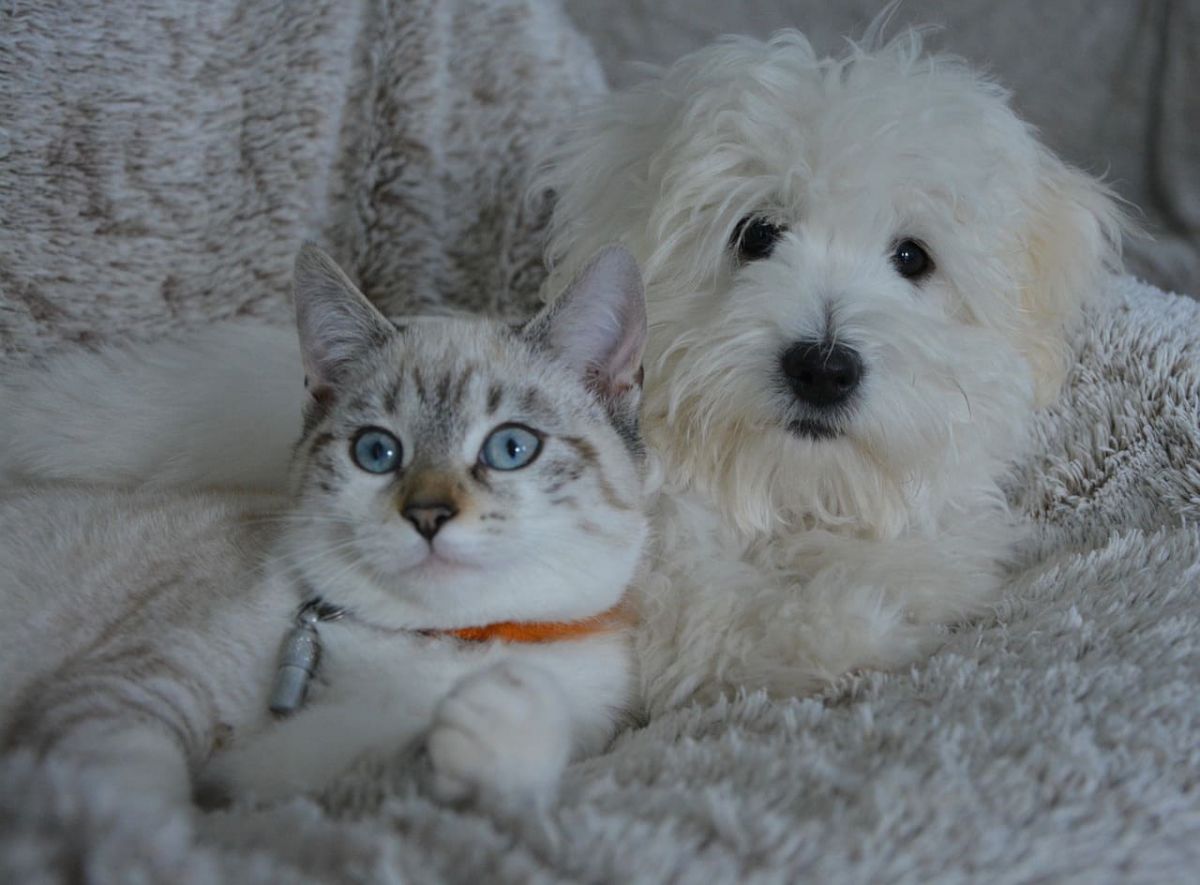
An Authoritative Glimpse into the World’s Top Ten Most Popular Categories of Pets

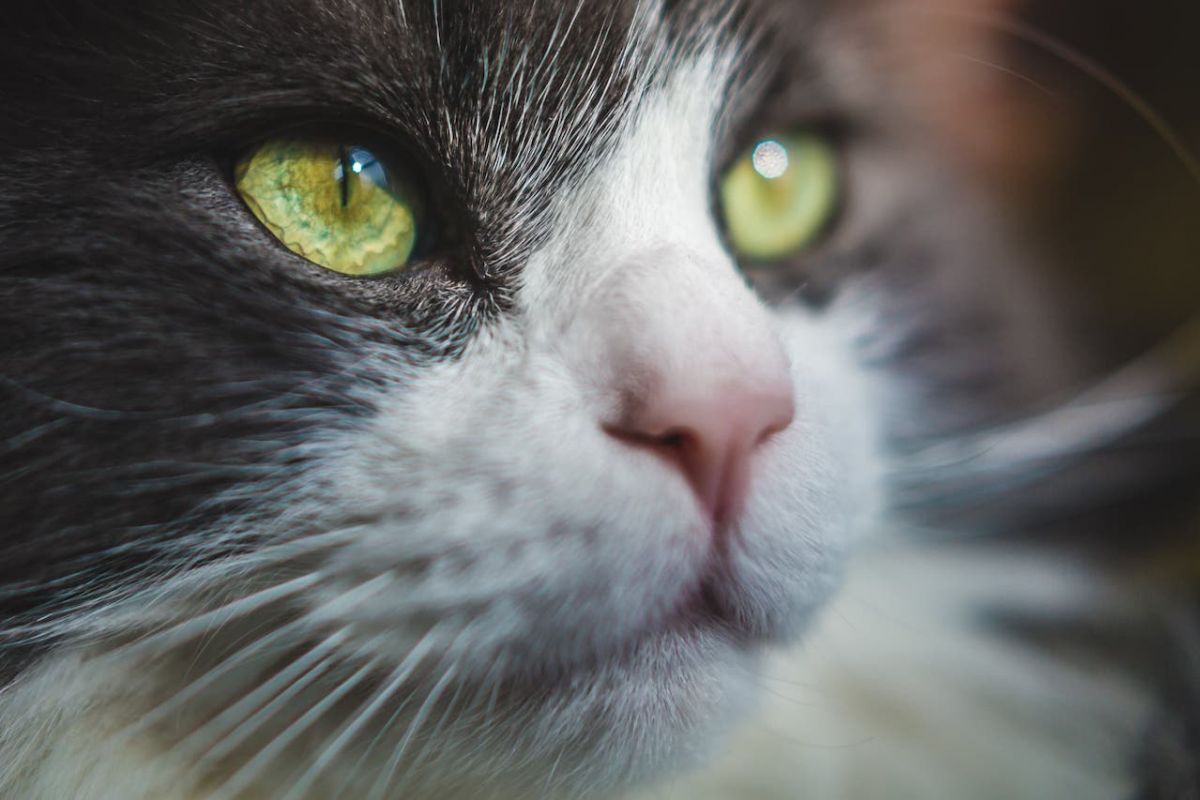
Why Do Cats Squirm Before Pouncing

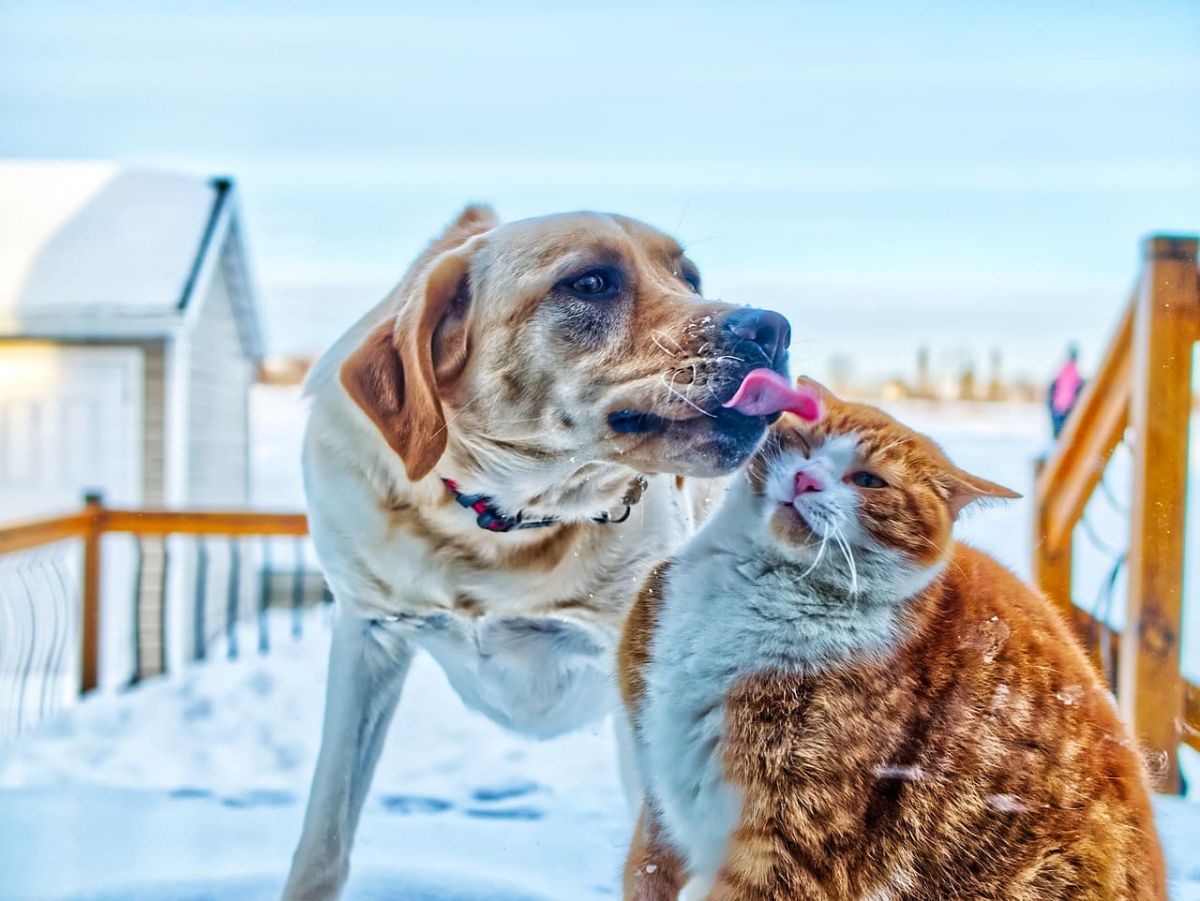
True Heartwarming Stories: The Unbreakable Bond Between Animals and Humans

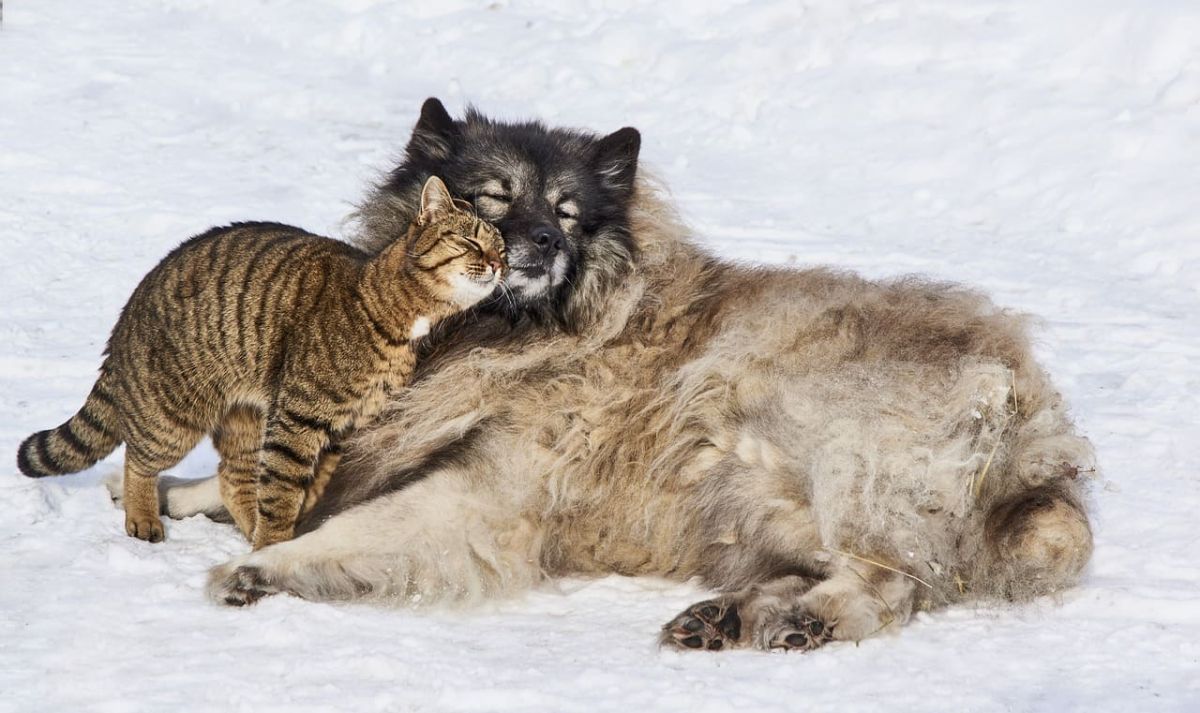
Pets’ Interesting News and Anecdotes

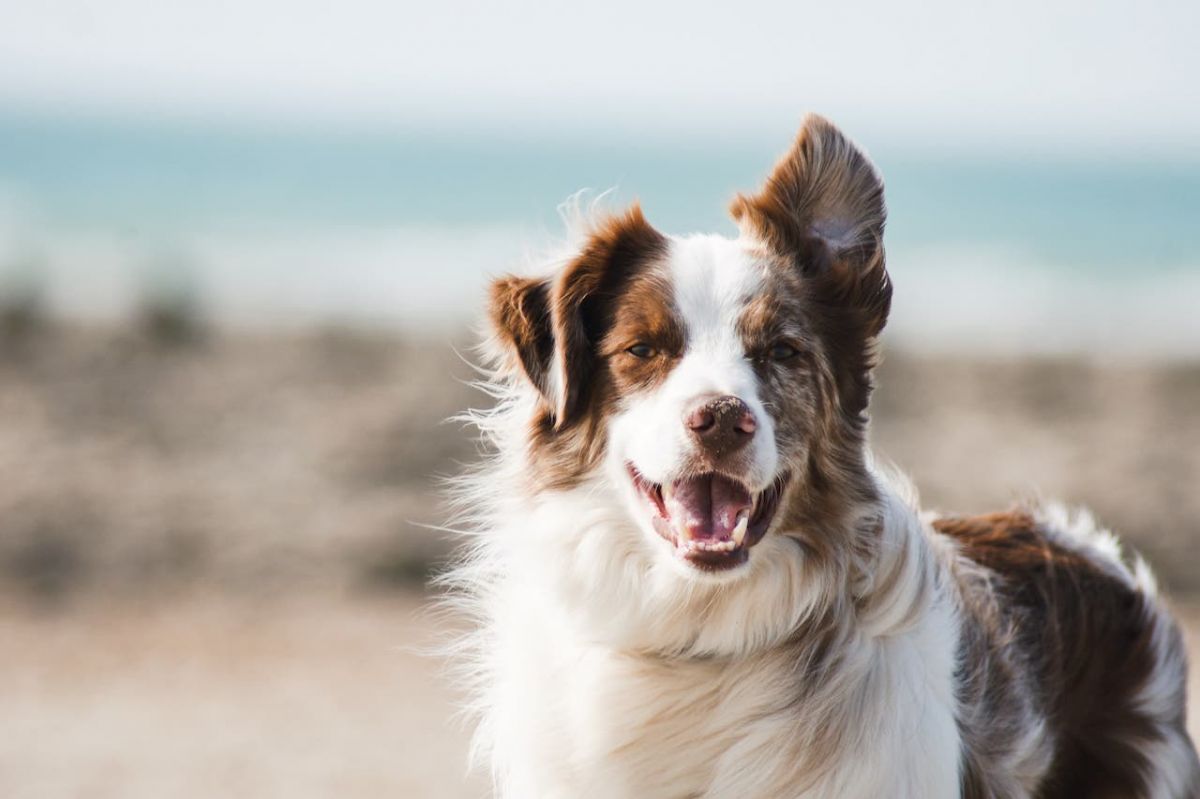
Owning a Pet May Help Maintain Mental Health When We’re Over 65

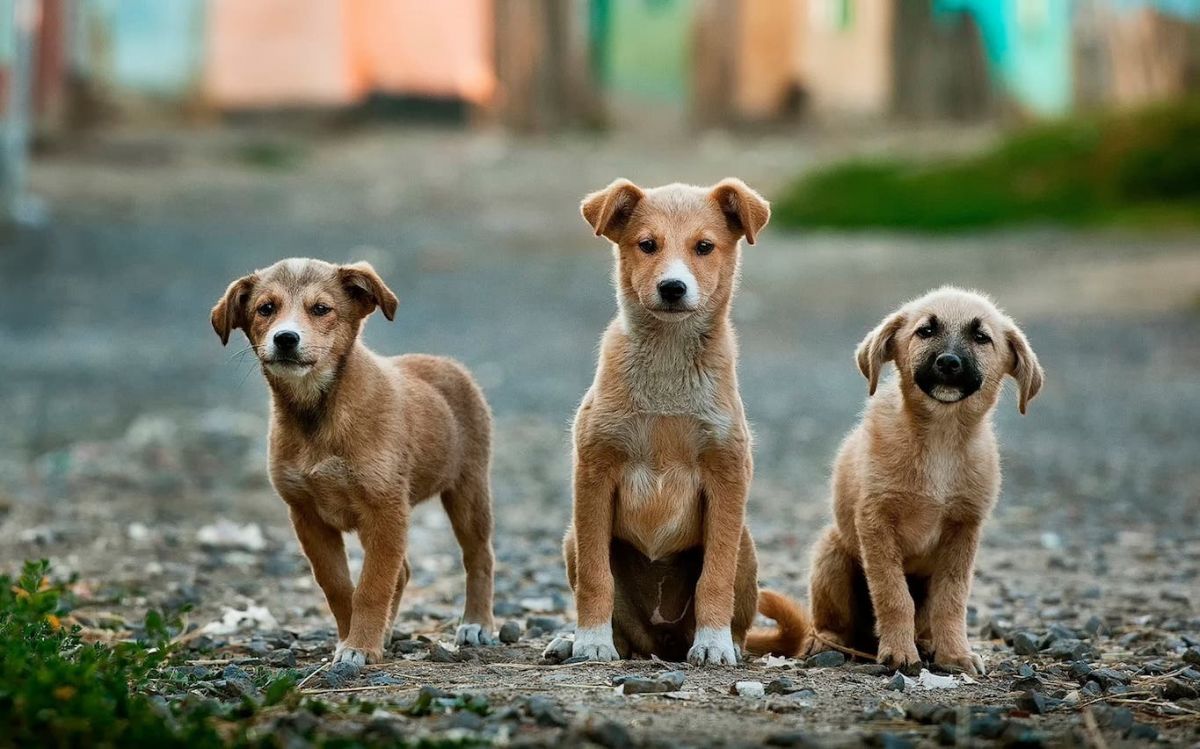
Pet IQ Test: Explore Your Pet's Intelligence and Potential

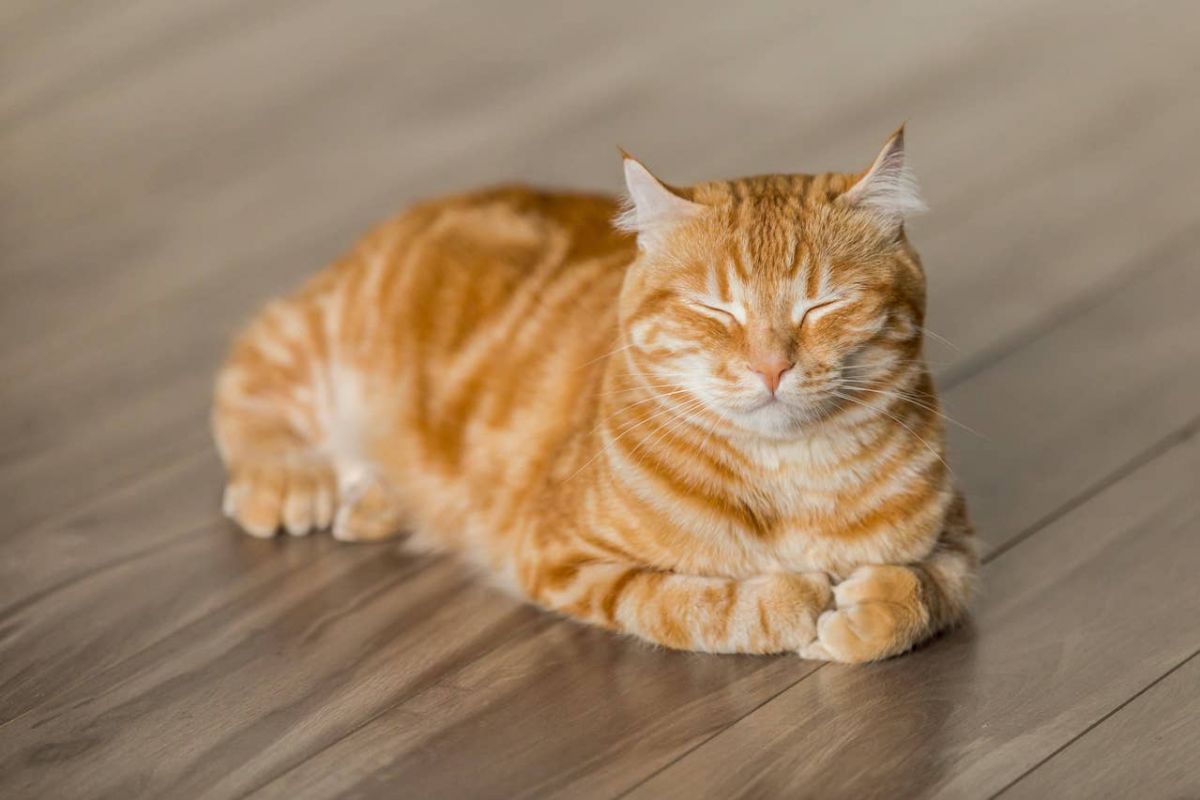
Pet Insurance: A Must for Comprehensive Pet Protection

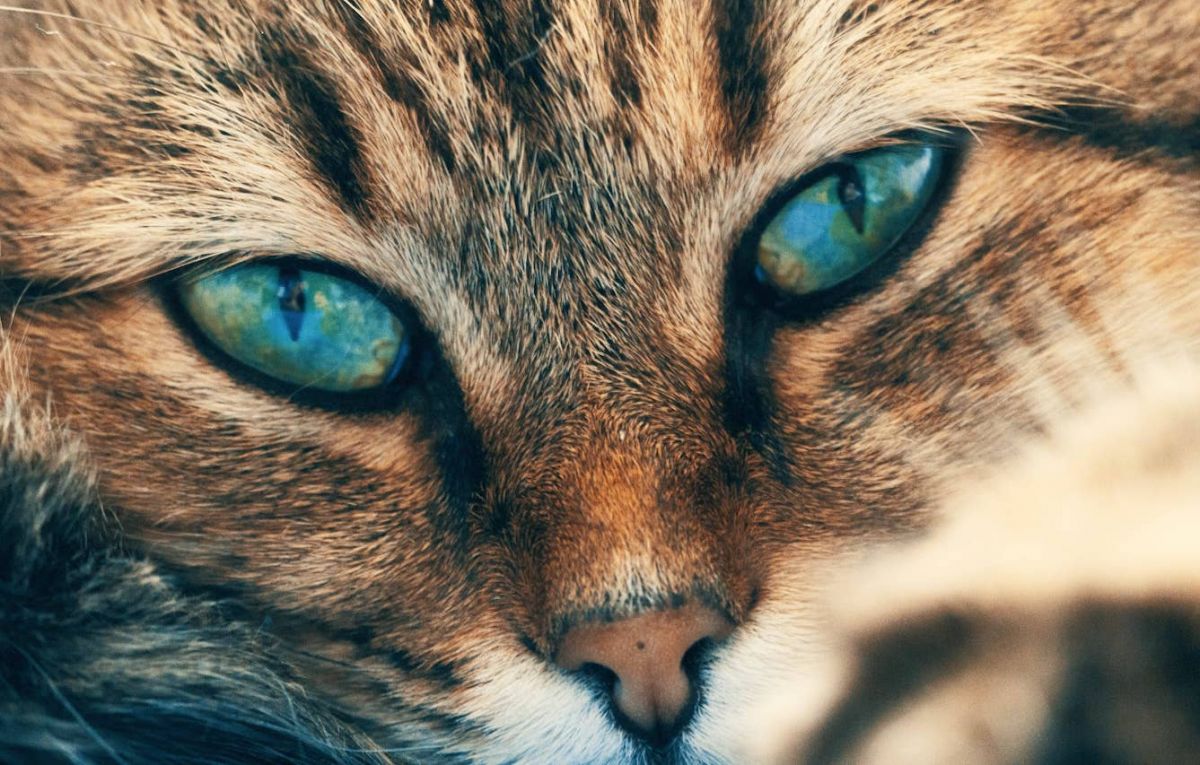
Instruction to PetSmart















